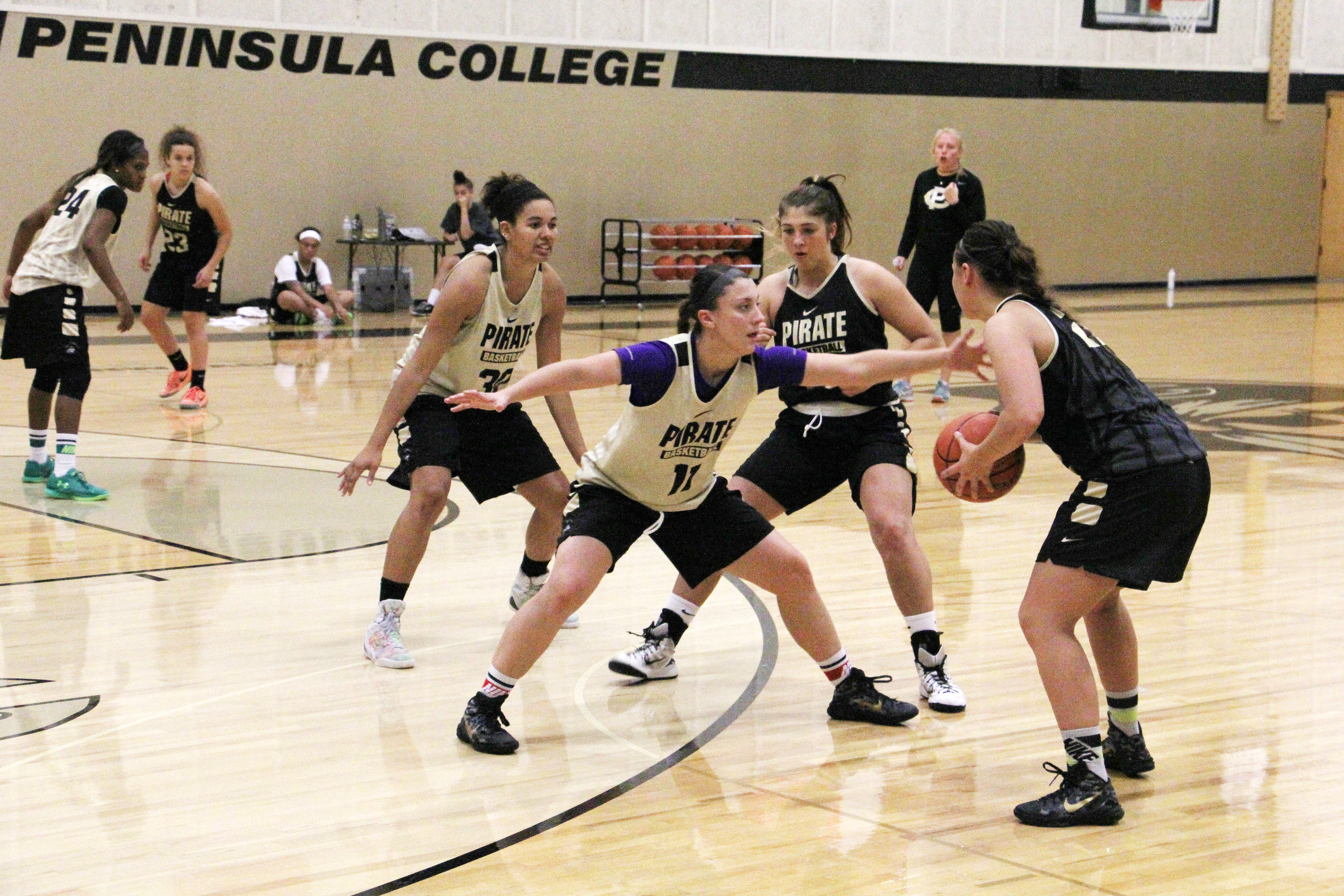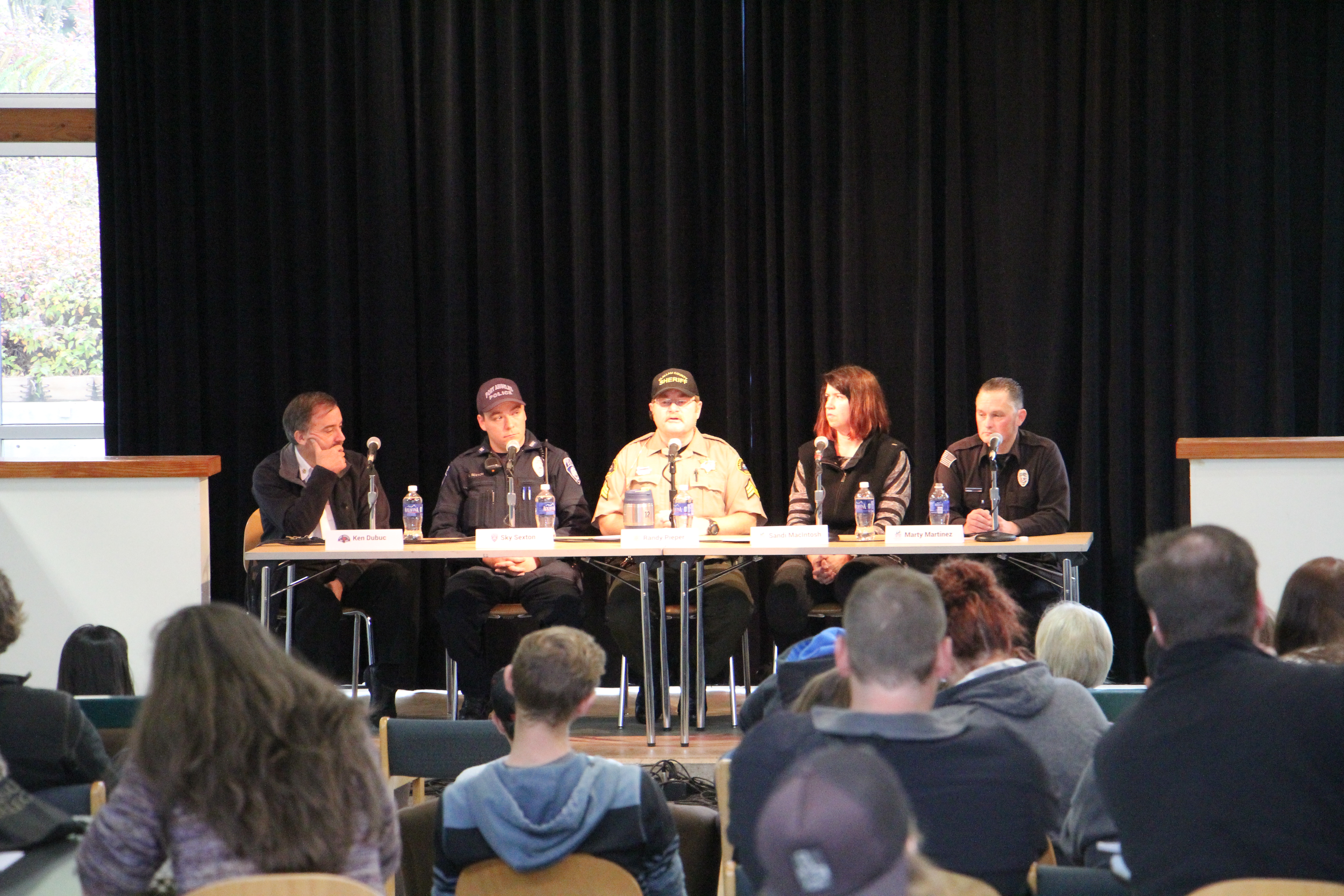By Giovanni Roverso
Following delays, major network upgrades for Peninsula College originally scheduled for summer 2014 are to be completed over winter break.
Steve Baxter, PC’s head of IT, explained that there were two factors at the root of the delays.
First off, the K-20 Education Network, a Washington State subsidized networking company and the PC’s internet service provider, only completed planned fiber connection upgrades for the college in July.
The second factor was that it took time to find a different equipment solution to complete the transition to the higher-capacity network.
Fortigate, the company which was originally going to supply the hardware had just been bought-out, making it a less ideal solution. The new parts were ordered in August.
The lengthy July K-20 upgrades mean that total potential network capacity for the college is now at 100 megabits per second (Mb/s) for download as well as upload. Previous capacities were limited to 70Mb/s for download and 20Mb for upload.
Baxter said the college connects to K-20 through both the state owned network and contracted providers. “For example, we get to K-20 via contracted infrastructure systems providers (Wave Cable, Clallam County PUD, and NoaNet) making us one of the more complicated routes to K-20,” Baxter said.
The hardware being replaced over Christmas break is at its limits. “When purchased we only had a 10Mb/s connection that then moved to a 50Mb/s and served us well until the state raised our speed to 100mb/s,” Baxter said. The hardware can’t manage more than 90Mb/s in and out combined, hence the current 70/20 split.
“The new hardware will have much more granularity in managing bandwidth protocols and application protocols as well. We can target specific applications and guarantee them bandwidth,” said Baxter.
As an example of this, Canvas, the college’s main online educational platform, will have priority over media streaming such as YouTube or Netflix. No worries about YouTube or any other media streaming through Canvas though. “Also business and educational applications should benefit,” Baxter said.
The student accessible PCWNETS network which is currently capped at 5Mb/s will get a speed boost to at least 15Mb/s according to Baxter.
Upgrades coming to PCWNETS in the Pirate Union Building in particular include a second network controller which will double access point capacity. Two or three of these should be added (in addition to one added over the summer), allowing for 70 concurrent devices to be connected. “Better coverage, more access and more speed,” Baxter concluded.



